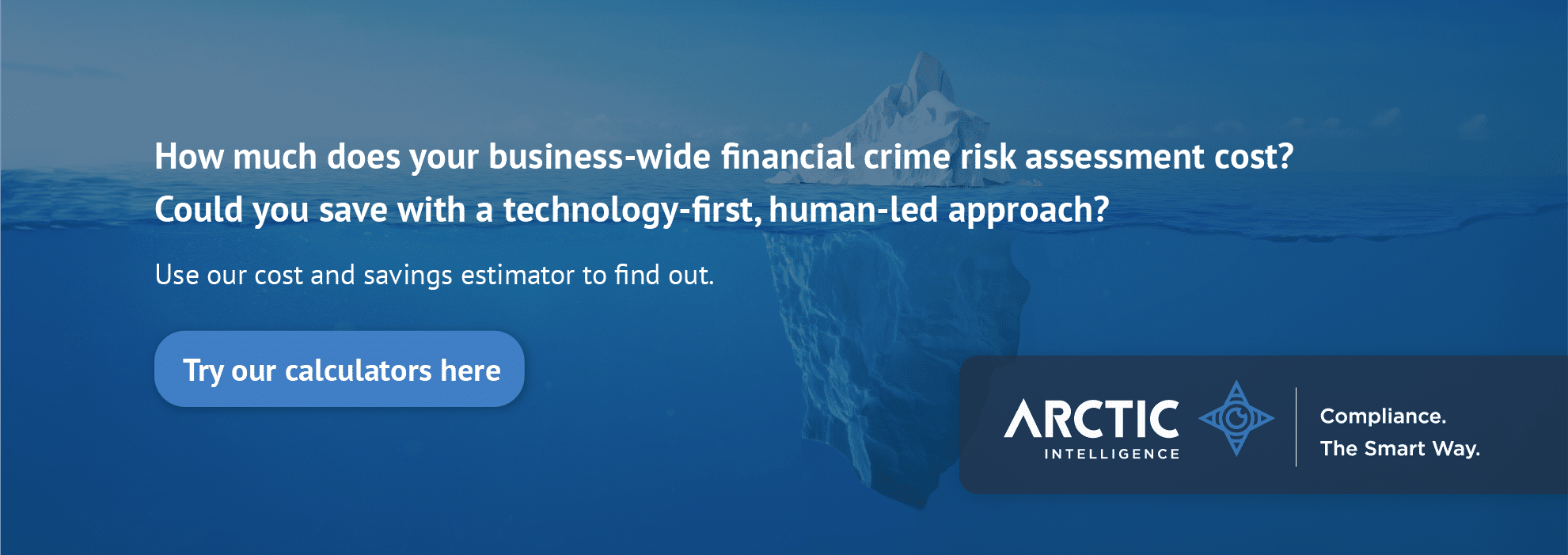An anti-money laundering (AML) analyst or officer basically investigates, monitors and manages suspicious financial activity. They are key personnel within a business to ensure all AML requirements are strictly followed, and to prevent businesses, companies, entities, or institutions from being subject to regulatory compliance issues from governing bodies.
What is AML?
‘Anti-money laundering’ refers to all policies and regulations that are in place to prevent the abuse of legitimate financial systems to hide or disguise the proceeds of crime. It prevents criminals from recovering illegal gains of their crimes, as well as using the money for future criminal activity.
What is expected of an AML analyst?
AML analysts are expected to provide a thorough solution for businesses to successfully comply with AML laws, and to manage the complex and multi-faceted nature of AML compliance. An AML analyst’s role is diverse. They:
- Investigate and measure the risks of a business’ financial activity
- Monitor and control activities that are considered higher risks
- Routinely communicate with regulators and auditors to explain their strategies to monitor, control and prioritise risks
- Cooperate with compliance teams for specific AML requirements
- Regularly build reports that showcase the overall health of the business in terms of mitigating risk
- Regularly review data and solutions to ensure all AML requirements are met
- And so much more.
Ultimately, their job is to prevent the risk of money laundering activity, as well as the possibility of ‘terrorist financing’. Countering the financing of terrorism (CFT) involves preventing the provision of any form of assets towards the financing of terrorists, terrorism and terrorist organisations.
What makes a good AML analyst?
A good AML analyst can understand the operations of all parts of the business. They typically have worked in multiple departments of a business in order to coherently understand the finer details that impact overall risks.
They are also able to assess the details for risk on a consistent basis. Using a risked-based approach (RBA) to AML compliance, a good AML analyst can assess on a case by case basis, whilst able to handle the dynamic nature of AML requirements.
AML requirements are always reviewed and changed, where new regulations emerge for different sectors and industries. This means a good AML analyst needs to be able to apply new developments in AML laws into existing systems and solutions.
A good AML analyst also must be data-oriented. A comprehensive understanding of their data resources is critical, as a single piece of data may be the difference between flagging money laundering activity versus letting it slip by without detection. Continual investigation and adding relevant data to their existing systems is key to the AML analyst role.
How does software support AML analysts?
To successfully fulfill all requirements and duties as an AML analyst, investments made into more sophisticated software that aid AML compliance and strategy is crucial. Technology and software is key to the data and assessment processes as it integrates all relevant governing, regulating and compliance (GRC) information for the AML analyst to fulfill their role.
How does AML software work?
Companies, such as Arctic Intelligence, are able to guide businesses to AML compliance by aiding AML analysts using ‘as-a-service’ technology. The AML Accelerate is a cloud-based platform from Arctic intelligence, and is a good example of sophisticated software integration to AML compliance. Such software allows AML analysts to manage their AML/CFT obligations, no matter the size, sector, and geographical location of the business.
Click here to check out AML Accelerate.



